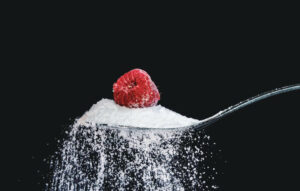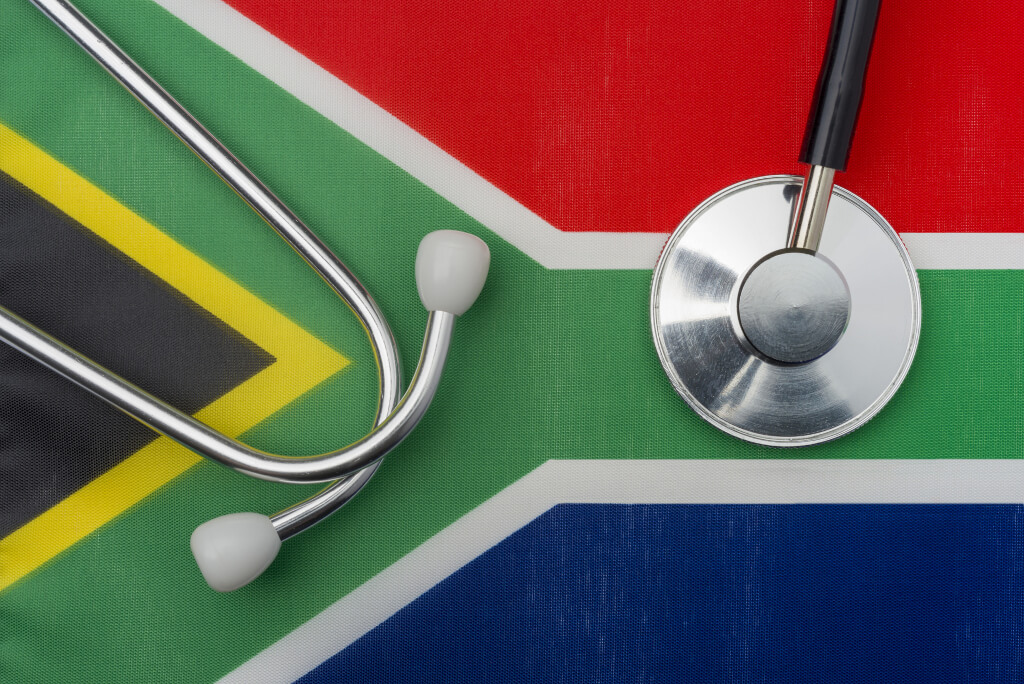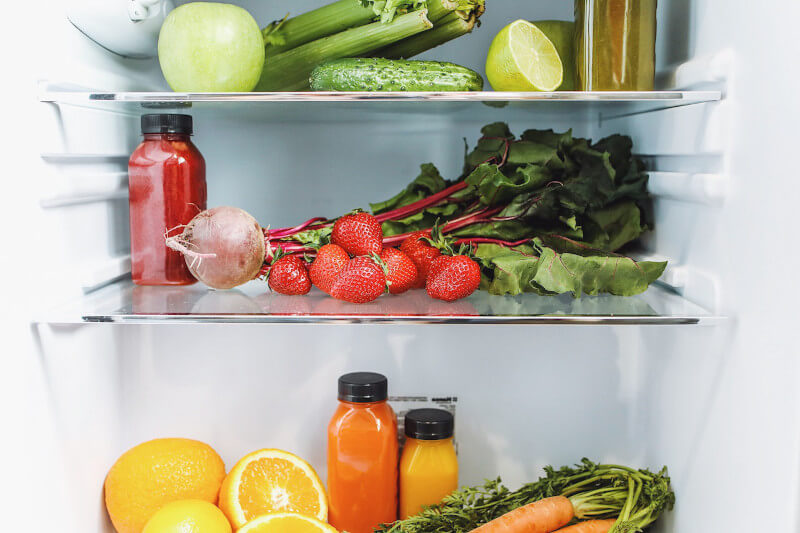Over recent times, managing hypertension has been a global health priority. Hypertension isn’t an ailment per se, but it amplifies the risk of heart disease, stroke, and renal complications. Natural blood pressure management techniques are sought after, primarily because medications can sometimes introduce unwanted side effects. Indeed, health professionals will generally gravitate toward natural methods if they’re effective.
Blood pressure denotes the pressure within your circulatory system. This pressure is pivotal as it fuels every cell, tissue, and organ in your body. Think of it like water in pipes – it must be just right. Factors such as inactivity, poor diet choices, and tobacco consumption can lead to plaque buildup in the arteries.
This buildup called “Atherosclerosis,” narrows down the arteries. Narrower pipes mean increased force for the fluid flowing through. What’s the fallout? Picture your home’s water pipes bursting from extreme pressure – the same can happen with your arteries.
These blockages could be catastrophic, especially in critical areas like the brain or heart.
Arteries are designed to adjust their size as needed, but an abundance of plaque can impede this function. Genetics, too, plays a role. A 2011 study in Nature pointed to 29 genetic variants that might influence blood pressure. But here’s the thing: there wasn’t a direct link between a single gene mutation and high blood pressure. It was the cumulative effect of multiple variants that seemed to matter.
Several factors contribute to high blood pressure, including an inactive lifestyle, poor nutrition, and smoking. These can lead to plaque accumulation inside the arteries, a condition known as “atherosclerosis.” When arteries become narrow due to this plaque, blood must work harder to circulate, increasing pressure. Think of it as a narrow pipe through which water flows – the narrower the pipe, the more force is needed.

Dieting doesn’t have to be your only option for weight loss. Explore these long-term strategies…

Chiropractor Pretoria Cost: Hunchbacks, medically referred to as kyphosis, are caused by a condition in…

Aspartame, a popular artificial sweetener, has its fair share of critics and defenders. With the…
But let’s shift gears and talk about the lifestyle changes that can make a difference:
Natural Approaches to Blood Pressure Management
- Quit Smoking: While a single cigarette might spike your blood pressure temporarily, it’s the long-term effects of smoking that are concerning. By hardening and narrowing the arteries, smoking restricts their ability to function optimally. On top of that, the link between smoking and cancer is undeniable. For your health and those who cherish you, consider quitting.
- Mind Your Diet: The National Institutes of Health recommends the “DASH” diet, which emphasizes reduced intake of foods high in unhealthy fats and cholesterol. Focus on whole grains, poultry, fish, and nuts. Additionally, while there’s contention about salt’s role in hypertension, moderation is key.
- Stay Active: Physical activity is universally beneficial. A study in the Annals of Internal Medicine from 2002 highlighted that exercise can reduce systolic blood pressure significantly. Pairing regular physical activity with a balanced diet like DASH can have synergistic effects on reducing blood pressure.
- Prioritize Relaxation: Stress can elevate blood pressure by triggering the body’s “fight or flight” response. Methods such as transcendental meditation, despite skepticism by some, have shown effective results in reducing stress and its associated rise in blood pressure.
- Monitor Your Weight: There’s a clear link between weight and hypertension. As body weight increases, so does the risk of high blood pressure. With a significant portion of the global population being overweight, focusing on achieving a healthy weight can be a significant step towards better cardiovascular health.
Is Reducing Alcohol Consumption Beneficial for Blood Pressure?
Certainly! If you’re a regular consumer of alcoholic beverages, cutting back can help lower your blood pressure. While an occasional drink might not harm, excessive alcohol consumption is linked to hypertension. So, limiting or reducing your alcohol intake can be beneficial for your cardiovascular health.
How Does Reducing Caffeine Intake Impact Blood Pressure?
The relationship between caffeine and blood pressure isn’t entirely clear. While some people may experience a slight rise in blood pressure after caffeine consumption, others might not. It’s advisable to monitor how your body reacts after drinking caffeinated beverages. If you notice a spike, consider limiting your caffeine intake.
Can Potassium-Rich Foods Help in Managing Blood Pressure?
Absolutely! Potassium can help balance out the level of sodium in your cells. If you’re not getting enough potassium, you might retain sodium, which can elevate blood pressure. Foods like bananas, spinach, and beans are rich in potassium and can be beneficial for your heart health.
What Role Does Sleep Play in Blood Pressure Management?
A good night’s sleep is crucial for overall health, and this includes blood pressure management. If you’re consistently deprived of restful sleep, your body might face challenges regulating stress hormones, leading to higher blood pressure. Ensuring you get 7-9 hours of sleep per night can assist in keeping your blood pressure in check.
Does Omega-3 Fatty Acid Intake Impact Blood Pressure?
Yes, Omega-3 fatty acids, found predominantly in fish like salmon and mackerel, can help lower blood pressure. Including these in your diet can be advantageous for your heart and reduce hypertension.
Is Monitoring Stress Just as Important as Physical Health Measures?
Indeed! Chronic stress may contribute to high blood pressure. Finding healthy ways to manage stress can be just as crucial as diet and exercise. Whether it’s through meditation, deep breathing exercises, or hobbies you love, managing your stress levels can positively impact your blood pressure.
Should I Regularly Monitor My Blood Pressure at Home?
Definitely. Regularly checking your blood pressure at home can give you a clearer understanding of your numbers and how different activities or foods impact it. Remember, keeping track helps in early detection and timely intervention.
The Link Between Blood Pressure and Sodium Intake
Reducing sodium in your diet is a key step towards maintaining healthy blood pressure levels. Processed and packaged foods often contain high amounts of hidden salt. By reading food labels and opting for low-sodium alternatives, you can better manage your salt intake. Moreover, cooking at home gives you better control over the salt in your dishes. Experts suggest aiming for less than 2,300 mg of sodium a day, and even less if you already have hypertension.
Magnesium’s Role in Blood Pressure Regulation
Magnesium, an essential nutrient, plays a significant role in maintaining heart rhythm and can influence blood pressure regulation. While further research is still ongoing, some studies suggest that magnesium supplements might help lower blood pressure. Foods such as whole grains, nuts, and green leafy vegetables are rich in magnesium. Incorporating them into your diet can contribute to better cardiovascular health.
The Significance of Staying Hydrated
Hydration is crucial for various bodily functions, including maintaining a healthy blood pressure. When you’re adequately hydrated, your blood vessels can dilate more efficiently, facilitating smoother blood flow. Ensure you’re drinking enough water throughout the day. While the common recommendation is eight 8-ounce glasses, your needs might vary based on physical activity, climate, and individual health factors.
Importance of Reducing Sugar Intake
Excess sugar, especially from sugary drinks, might contribute to high blood pressure. Recent studies have highlighted the connection between a high-sugar diet and an increased risk of hypertension. By cutting down on sodas, candies, and processed foods with added sugars, you can manage your blood pressure more effectively.
Effect of Herbal Supplements on Blood Pressure
Some herbal supplements, such as hawthorn, garlic, and fish oil, have been studied for their potential benefits in lowering blood pressure. While they might offer some benefits, it’s essential to approach them with caution. Before starting any herbal regimen, consult with a healthcare provider, as some can interact with medications or aren’t advised for certain health conditions.
Understanding the White Coat Effect
It’s not uncommon for some individuals to exhibit higher blood pressure readings at a doctor’s office compared to their regular environment. This phenomenon, known as the “white coat effect,” can sometimes mislead into thinking one has hypertension. If you suspect this is the case for you, consider multiple readings in various environments or utilizing an ambulatory blood pressure monitor to get a comprehensive picture of your blood pressure patterns.
Monitoring Medication’s Impact on Blood Pressure
Certain medications, including over-the-counter ones, can influence blood pressure. For instance, some pain relievers, cold medications, and even antidepressants might raise blood pressure levels. If you’re on any medication, it’s prudent to discuss its potential impact on your blood pressure with a healthcare professional. Regularly reviewing and adjusting, if necessary, can ensure you’re not inadvertently elevating your risk of hypertension.
Always remember to consult with healthcare professionals for personalized advice and recommendations.
For further insights, feel free to reach out to Isabella Van Der Merve via our contact page.




